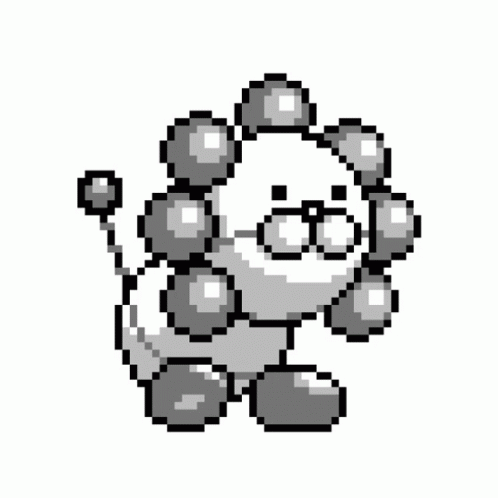- cross-posted to:
- sino
- cross-posted to:
- sino
cross-posted from: https://hexbear.net/post/3092278
Cw: in the video for blood
This song has been doing the rounds recently, after some buskers in France and Japan sang it, giving it new life. The MV attached is an EDM-ish remix but I think the footage paired well.
I've done a rough translation (there's some parts I didn't quite understand) but should hopefully convey the idea of the song.
I'm actually kinda crying at work but thank goodness nobody else is in.
lyrics
儿时我常常听人说
As I child I often heard裹着小脚的那个
That one with bound feet是困在深山里的阿嬷
was an ama (old woman) who lived deep in the mountains她和阿公是包办的
*along with agong (old man) they stayed alive and fed大字也不识几个
and only could read a few Chinese characters结婚前连面都没见过
had not even met before they were wed炊烟飘过
smoke from the stove blew on the wind煮饭的柴火把腰压弯了
and the carrying kindling for cooking disfigured her back压弯她不止柴火
*though it was not just firewood that bent her黄昏日落
as dusk came and the sun fell阿公敲着碗筷把歌唱着
agong sang and beat a rhythm with chopstick and bowl她每天掰着手指头数日子过
she counted each passing day with her fingers等远方开来的车
*til the train came from far away门口的板凳在那从没挪过
the stool by the door had not shifted an inch眼神还在期盼着
and her eyes were fixed with longing她生了一个又一个
she gave birth to one after another都被号角的呼声吹走了
and all were whisked away by a bugle’s call山那边是什么
what is that over by the mountain是烈士的英魄
it is the souls of the martyrs是他们拼死保卫的新中国
who fought to the death to protect the New China河那边是什么
what is that over by the river是绵延的战火
it is the unceasing fires of war她望着远方泪一滴滴的落
she fixes her eyes further afield and tear falls after tear和平来了
peace has come他们走了
and they are gone她等的人再也回不来了
the ones she waits for will not return// Lines with an * I'm not sure about. Appreciate any insight into:
- 包办 - pleco tells me this means 'take care of everything' but the story as far as I understand it is that they'd only be looking after themselves (subsistence living) not indentured labour?
- 不止 I know means 'not limited to' but usually I hear it as 不止是, is buzhi just a contraction? It could also be buzhi as in 'the pressure is unending'. It's ambiguous.
- 车 could be car, train, cart, I'm guessing in those times it would have been a cart...? The MV features a train at that section though, so I've left it as train

I found a YouTube link in your post. Here are links to the same video on alternative frontends that protect your privacy: